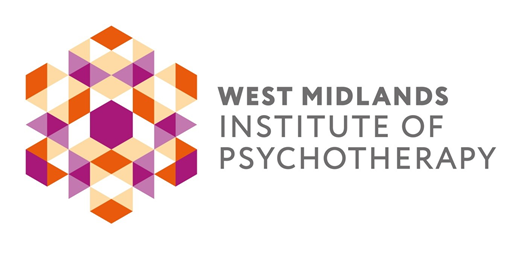What is Psychodynamic Therapy?
Psychodynamic therapy is a form of psychotherapy that draws on principles of psychoanalytic theory while also incorporating insights from other psychological theories and research. It focuses on exploring unconscious conflicts, patterns, and motivations that may underlie a person’s thoughts, feelings, and behaviors.
Key features of psychodynamic therapy include:
1. Unconscious Processes: Similar to psychoanalytic therapy, psychodynamic therapy emphasizes the role of unconscious processes in shaping behavior and emotional experiences.
2. Early Life Experiences: Psychodynamic therapy explores how early life experiences, particularly those involving relationships with caregivers, influence personality development and relational patterns.
3. Defense Mechanisms: It examines the use of defense mechanisms to protect oneself from anxiety and distress, such as repression, denial, and projection.
4. Transference and Countertransference: Psychodynamic therapy acknowledges the importance of the therapeutic relationship, including the ways in which unconscious feelings and reactions from the past (transference) may emerge in the therapeutic relationship, as well as the therapist’s own emotional responses (countertransference).
5. Interpretation: Therapists may interpret patterns in a client’s thoughts, feelings, and behaviors to help them gain insight into unconscious conflicts and unresolved issues.
6. Exploration of the Past: Psychodynamic therapy may involve exploring past experiences and relationships to better understand current difficulties and relational patterns.
7. Focus on Insight and Self-Understanding: The ultimate goal of psychodynamic therapy is to increase self-awareness and insight, leading to greater autonomy, emotional regulation, and healthier relationships.
Psychodynamic therapy is typically longer-term than some other forms of therapy and may be particularly beneficial for individuals with complex or longstanding psychological issues. It provides a supportive and exploratory space for clients to gain insight into themselves and work through unresolved conflicts.

